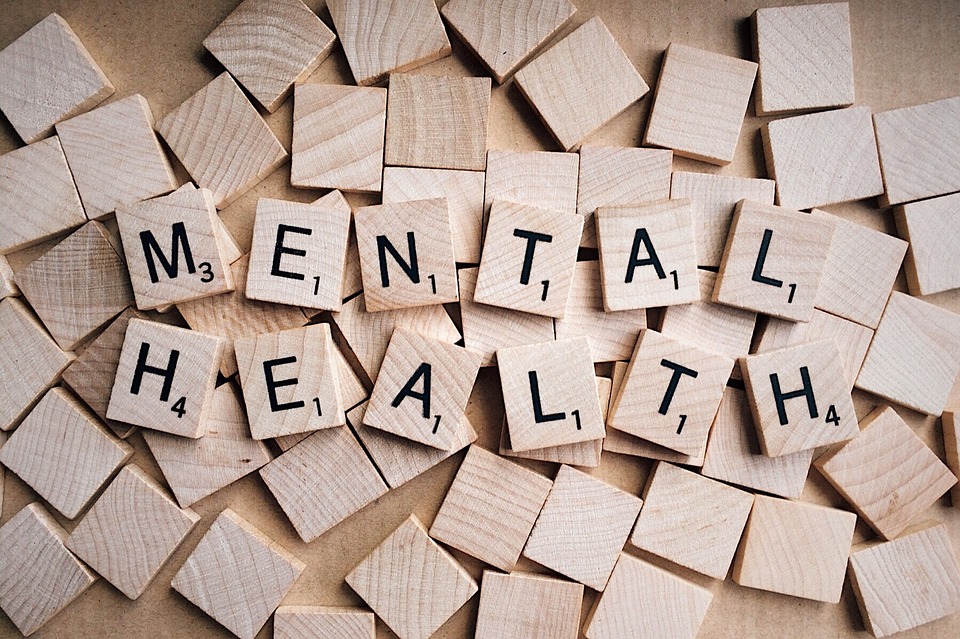Dentists have been stressing the importance of maintaining good oral hygiene habits for decades as well as the use of braces, in some cases. If you’re interested in getting a feel on braces and their average prices, click here. We are all well aware that following the proper daily routines can help to prevent conditions such as cavities, gingivitis, dental emergencies, gum disease, and bad breath. However, were you aware that there is a very real connection between oral health and the overall state of your body? Let us take a look at this principle in a bit more detail, for what you learn may indeed be quite surprising.
Read also: 5 Protein Enriched Food To Improve Mental Health
The Mouth as Your Health “Barometer”
The first thing that we need to appreciate is the notion that the mouth is a very powerful indicator of what may be happening within our bodies. Why is this the case? Many practitioners will point to the saliva that we naturally secrete minute by minute. There are numerous chemicals contained within this fluid and specific concentrations can hint that there may be metabolic imbalances that would otherwise go unnoticed. Cancer markers, specific types of proteins, and hormones such as cortisol can all be measured by taking a sample of saliva. If the levels of these and other substances are determined to be abnormal, this may very well be the symptom of a more endemic problem.
Oral Health and Inflammatory Response
Were you aware that the condition of your mouth can also hint at the presence of potentially serious conditions such as heart disease, stroke, and diabetes? Gum disease can sometimes be a precursor to such health risks. Gum disease is an inflammatory response due to poor oral hygiene and the build-up of other harmful substances within the mouth. While inflammation is one of the ways in which the body naturally protects itself, studies have found that this very same inflammation can spread to other areas; particularly to the bloodstream. Many now theorize that this can contribute to the breakdown of blood vessels and other circulatory tissues over time. As a result, certain individuals could be at a potentially higher risk of developing other serious ailments. The brain itself could even be affected (a stroke is an example here).
The Risk of Infections
Not only is the mouth intended to begin the digestion process, but it is also a very important barrier against harmful infections. Unfortunately, this biological “firewall” can often be compromised if the proper levels of hygiene are not practiced. For example, gingivitis can lead to periodontal disease and there may be instances when harmful bacteria will enter into the circulatory system. Although this might not necessarily be a problem for healthy individuals, those whose immune response is already compromised could become quite ill. And for those that are pregnant, oral health is an important part of prenatal care because poor oral health during pregnancy can affect the baby – and everyone wants a HEALTHY BABY.
Read also: The Disturbing Trend Of Multiple Chronic Medical Conditions
These are some of the surprising relationships between oral health and overall health. Unfortunately, millions of individuals do not practice proper habits in order to protect their mouths. This can lead to more profound problems over time. As we gain a further understanding of how multiple systems of the body are connected, it is likely that oral hygiene will have an even greater impact.
For information regarding oral health, please visit the dentist in Cardiff.






















